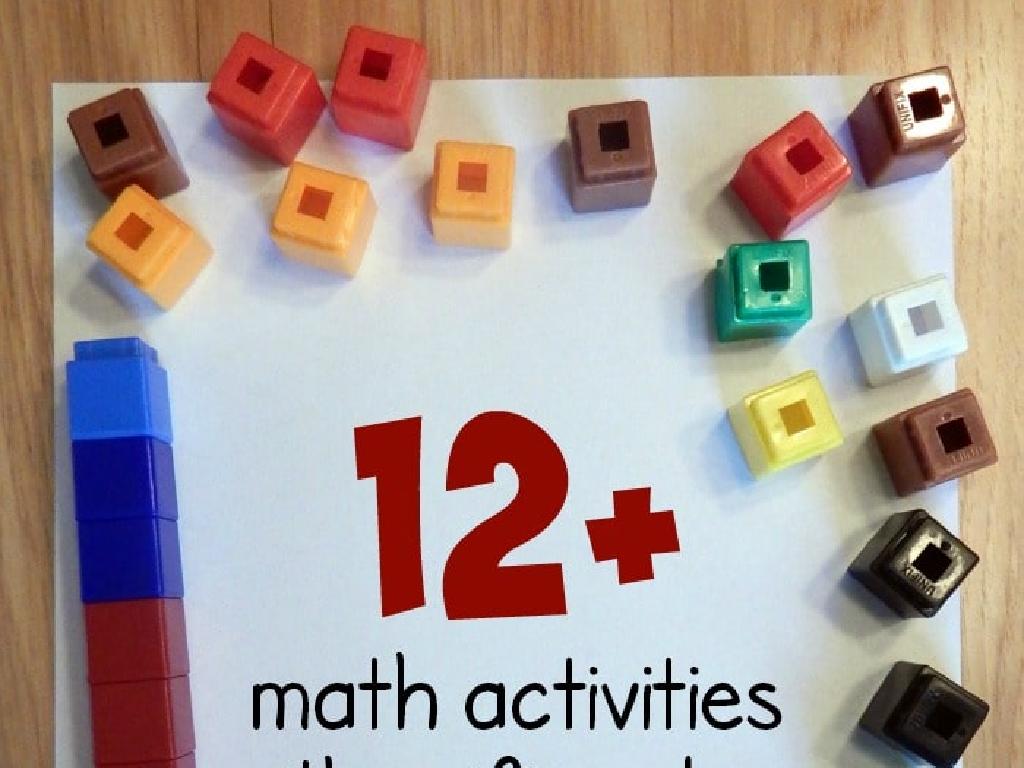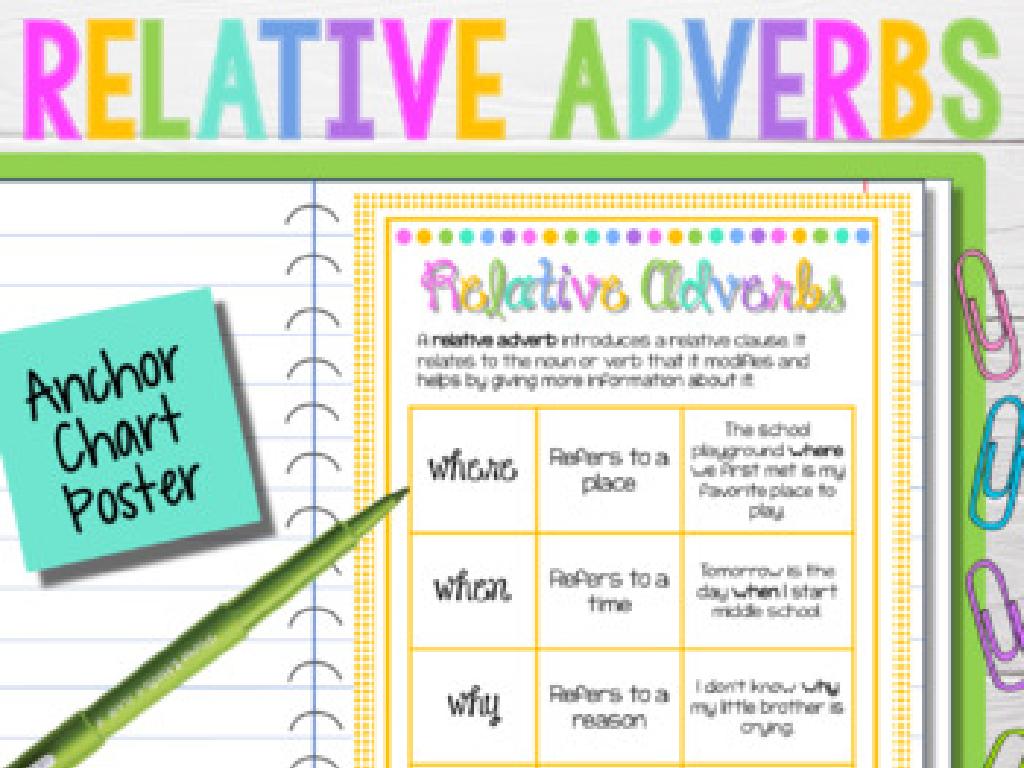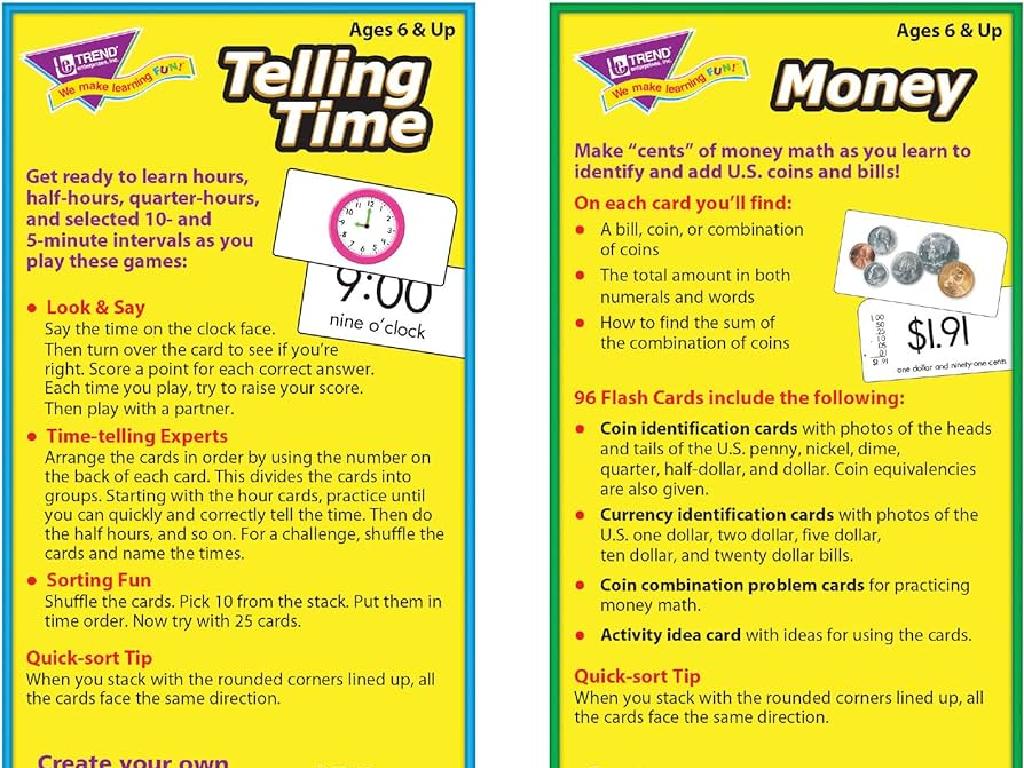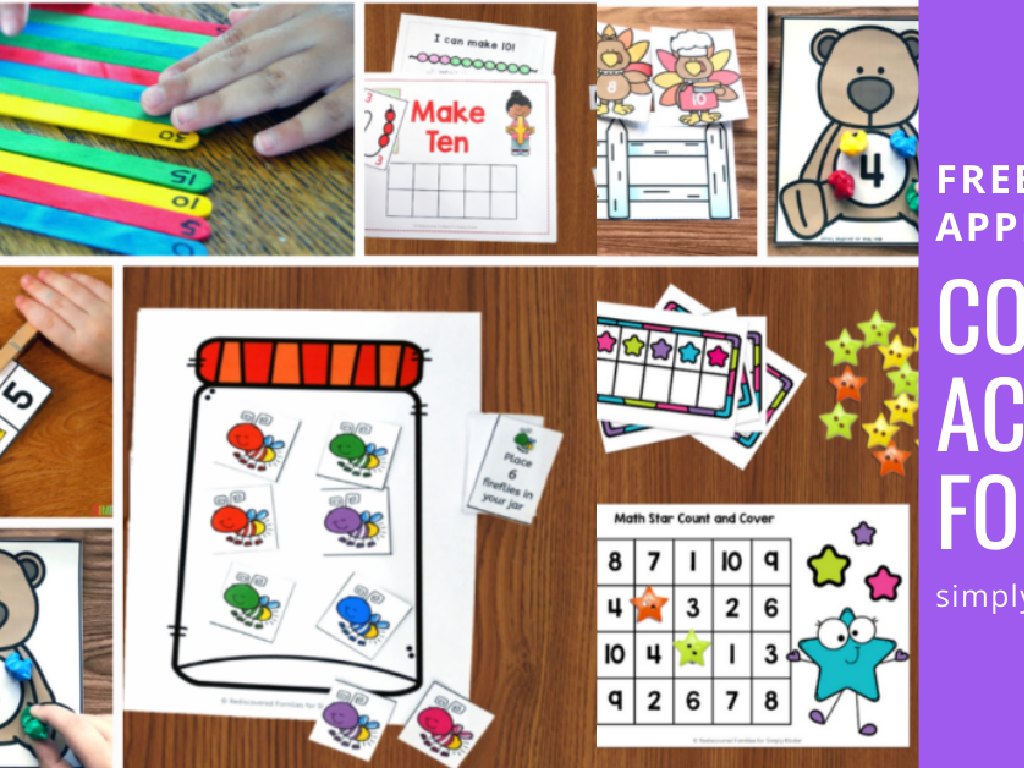What Does The Modal Verb Show?
Subject: Language arts
Grade: Fourth grade
Topic: Verb Types
Please LOG IN to download the presentation. Access is available to registered users only.
View More Content
Exploring Modal Verbs
– What are modal verbs?
– Modals are helpers (can, could, will…)
– Modal verbs express possibility
– ‘Might’ shows something is possible
– Modal verbs express permission
– ‘Can’ is used to ask if something is allowed
– Modal verbs express obligation
– ‘Must’ shows something is necessary
|
This slide introduces modal verbs to the students, explaining their role in sentences and how they help express different shades of meaning like possibility, permission, and obligation. Modal verbs are auxiliary verbs that modify the main verb to indicate likelihood, ability, permission, and obligation. Examples include ‘can’, ‘could’, ‘may’, ‘might’, ‘must’, ‘shall’, ‘should’, ‘will’, and ‘would’. Use examples to illustrate each point: possibility (‘It might rain today.’), permission (‘Can I go to the restroom?’), and obligation (‘You must do your homework.’). Encourage students to think of their own examples and understand that modal verbs are a key part of expressing themselves clearly.
Exploring Modal Verbs
– Verbs show action or state
– Like ‘run’, ‘jump’, or ‘think’
– Modal verbs express possibility
– ‘Can’, ‘might’, and ‘could’ suggest something is possible
– Modal verbs express permission
– ‘May’ and ‘can’ are used to give permission
– Modal verbs express obligation
– ‘Must’ and ‘have to’ show something is necessary
|
This slide introduces the concept of verbs, focusing on modal verbs, to fourth-grade students. Begin by explaining that verbs are words that describe actions or states of being. Then, delve into modal verbs, which are special types of verbs that express possibility, permission, or obligation. Use examples like ‘can’, ‘might’, ‘may’, ‘must’, and ‘have to’ to illustrate how these verbs function in sentences. Encourage students to think of modal verbs as ‘helper verbs’ that modify the main verb to give more information about the likelihood, permission, or necessity of the action taking place.
Meet the Modal Verbs
– Modal verbs add meaning
– They work with main verbs to add extra flavor
– They express permission
– Like asking if you ‘may’ go to the restroom
– They show ability or possibility
– ‘Can’ you lift that box? ‘Might’ it rain today?
– Examples: can, could, may, might
– ‘Must’ shows strong necessity, ‘will’ for future
|
This slide introduces modal verbs to the students, explaining their function in adding additional meaning to the main verb in a sentence. Modal verbs can express various concepts such as permission (may I?), ability (can you?), obligation (must we?), or possibility (might it?). Provide examples for each type of expression to help students understand the use of modal verbs in context. Encourage students to think of their own sentences using modal verbs and share them with the class. This will help solidify their understanding of how modal verbs modify the meaning of main verbs and how they are used in everyday language.
Modal Verbs in Action
– Modal verbs modify sentences
– Example without modal: I go to the park
– Example with modal: I can go to the park
– ‘can’ shows ability or possibility
– Example with modal: I should go to the park
– ‘should’ gives advice or suggestion
|
This slide introduces students to modal verbs and how they change the meaning of a sentence. Modal verbs are special verbs that add meaning to the main verb of a sentence. They can express ability, possibility, permission, or obligation. The sentence ‘I go to the park’ is a simple statement. When we add the modal verb ‘can’, it becomes ‘I can go to the park’, which shows that the person has the ability to go to the park. When we use ‘should’, as in ‘I should go to the park’, it suggests that going to the park is a good idea or advice. Encourage students to think of other modal verbs and how they might change the meaning of the sentence. This will help them understand the concept of modality in verbs.
Your Turn to Try: Modal Verbs!
– Fill in with ‘can’ or ‘may’
– ‘I ___ have a cookie after dinner.’ Which one shows permission?
– Choose ‘must’ or ‘should’
– ‘You ___ wear a helmet when biking.’ Which one is a strong necessity?
– Pick ‘might’ or ‘will’
– ‘They ___ come to the party.’ Which one shows possibility?
|
This slide is an interactive class activity designed to help students practice using modal verbs. Modal verbs are used to show possibility, ability, permission, or obligation. Provide examples and guide the students through the first sentence, explaining the difference between ‘can’ (ability) and ‘may’ (permission). For the second sentence, discuss the difference between ‘must’ (strong obligation) and ‘should’ (advice). Lastly, for the third sentence, explain how ‘might’ shows possibility, whereas ‘will’ indicates a strong likelihood or future certainty. Encourage students to think about the context of each sentence to decide which modal verb is appropriate. After completing the activity, have students share their answers and provide explanations for their choices.
Exploring Modal Verbs
– Modal verbs adjust sentence meaning
– They reflect the speaker’s attitude
– Words like ‘must’ show necessity, while ‘might’ suggests possibility
– Examples: can, could, may, might
– Express possibility, permission, obligation
– ‘Can’ is for ability, ‘may’ for permission, ‘must’ for necessity
|
This slide introduces modal verbs and their role in altering the meaning of a sentence by conveying the speaker’s attitude towards the action. Modal verbs are auxiliary verbs that express abilities, possibilities, permissions, or obligations. For example, ‘can’ indicates ability, ‘may’ indicates permission, ‘must’ indicates necessity, and ‘might’ indicates possibility. It’s important to provide students with examples and encourage them to create sentences using different modal verbs to understand the nuances of each. Have them practice by expressing different attitudes towards actions, such as certainty, ability, or permission, using modal verbs.
Class Activity: Modal Verb Charades
– Act out sentences with modal verbs
– Classmates guess the modal verb
– Use body language and actions
– Mimic actions that show permission, ability, or obligation
– No speaking during the charades!
– Remember, actions speak louder than words!
|
This activity is designed to help students understand modal verbs through a fun and interactive game of charades. Divide the class into small groups and have each group choose a sentence that includes a modal verb to act out. The modal verbs include can, could, may, might, must, shall, should, will, and would. These verbs are used to express ability, possibility, permission, or obligation. The rest of the class must guess which modal verb is being depicted by the actions. For example, acting out reading silently with a finger to your lips can represent ‘must’ as in ‘You must be quiet in the library!’ Encourage students to be creative with their actions and to pay close attention to the clues given by their classmates. This activity will help reinforce the concept of modal verbs and how they are used in everyday language.
Modal Verbs: Conclusion & Homework
– Congrats on learning modal verbs!
– Homework: Write 5 modal verb sentences
– Use verbs like ‘can’, ‘may’, ‘must’, etc.
– Modal verbs express attitude
– They show possibility, ability, or necessity
– Share your sentences next class
|
Great work today, class! You’ve learned about modal verbs and how they help us express different meanings in our sentences. For homework, I want you to write five sentences, each with a different modal verb. Remember, modal verbs are special verbs that add meaning to the main verb and show the speaker’s attitude about the action. They can express things like possibility, permission, or obligation. Examples include ‘can’, ‘may’, ‘must’, ‘should’, and ‘might’. Be creative with your sentences and try to show different uses of modal verbs. We’ll review your sentences in our next class, so be ready to share and discuss what each modal verb in your sentences indicates.






